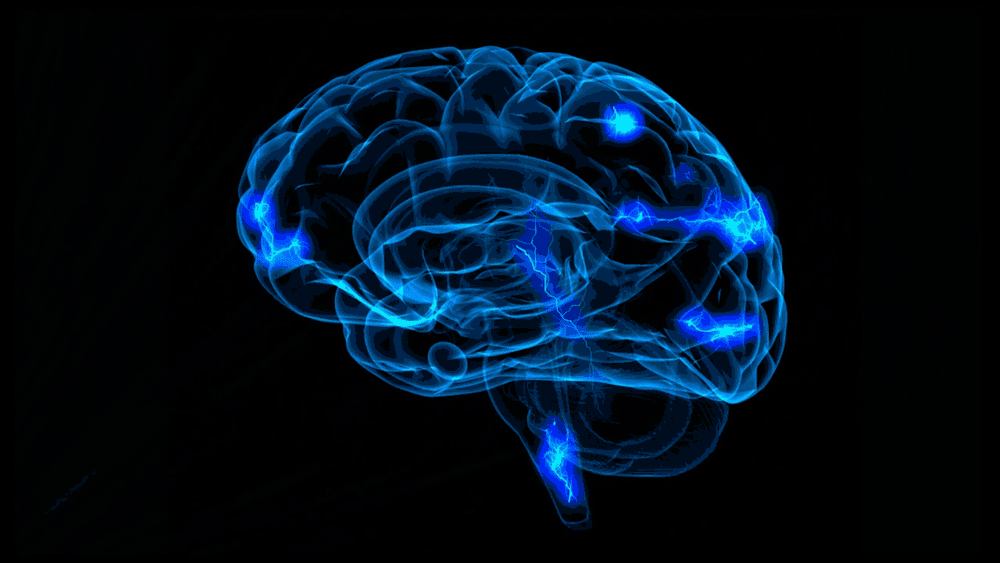A team of American researchers examined how anesthetics act on the brain, switching on and off conscious awareness and certain cognitive functions.
Released in eLife, the study probed the use of propofol and isoflurane. 30 healthy adults had been administered either of the anesthetics for a span of three hours, while their brain activity was measured with an EEG.
Cognitive tests were also administered before the anesthetic, after re-acquiring consciousness, and then every half-hour afterward.
The study led to the conclusion that the brain wakes up from prolonged unconsciousness gradually over time.
“Analyzing EEG and test performance, the researchers found that recovery of consciousness and cognition is a process that unfolds over time, not all at once,” the study found.
“To the investigators’ surprise, one of the brain functions that came online first was abstract problem solving, controlled by the prefrontal cortex, whereas other functions such as reaction time and attention took longer to recover.”
“This suggests that the healthy human brain is resilient, even with a prolonged exposure to deep anesthesia. Clinically, this implies that some of the disorders of cognition that we often see for days or even weeks during recovery from anesthesia and surgery—such as delirium—might be attributable to factors other than lingering effects of anesthetic drugs on the brain,” according to the study’s authors.


